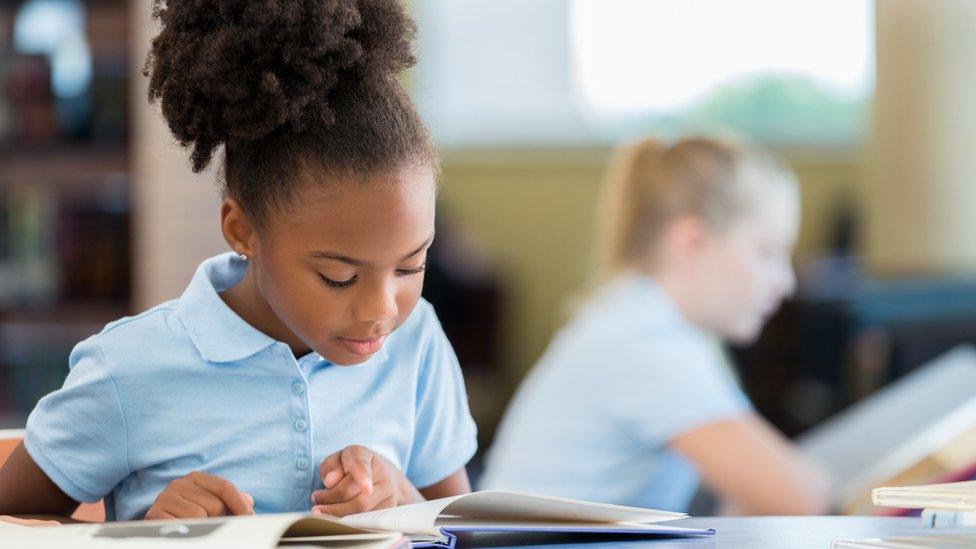'I'm called exotic for being black in a rural town'
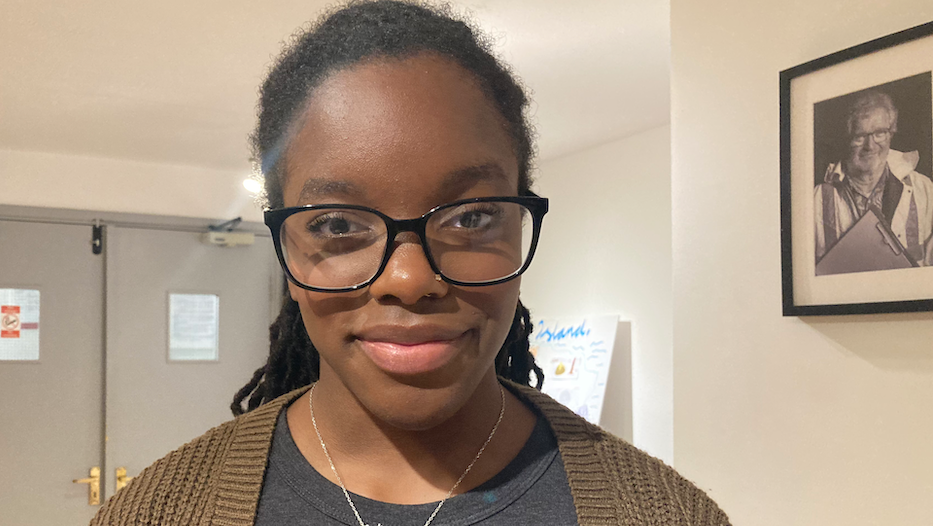
Nyarai says moving from a diverse London made her feel "very different"
- Published
"I moved from London to Wales and was called exotic."
Nyarai, 16, moved to Carmarthenshire when she was 13 and said she felt "very different" to other young people in a predominantly white, rural area.
She joined We Move, external at SpanArts in Pembrokeshire, which is a group set up to help empower young people to talk about and express their identities.
Project coordinator Molara Anwen called it a "stupid cliche" that anti-racism work should be prioritised in cities, when often it was rural areas in most need, while groups that allow young diverse people to connect with each other help them navigate any racism and micro-aggressions.
Should we drop ethnic minority for global majority?
- Published20 October 2024
Head teacher who faced racism fights for change
- Published6 November 2022
UK broadcasters agree to avoid BAME acronym
- Published7 December 2021
The Welsh government on Thursday updated its anti-racist action plan, external, where it has expanded on their report from 2022, outlining how to tackle racism.
But according to the 2021 census, 0.9% of Pembrokeshire residents identified their ethnic group within the "mixed or multiple" category, up from 0.6% in 2011.
Molara said these predominantly white areas needed the most support to protect young people.
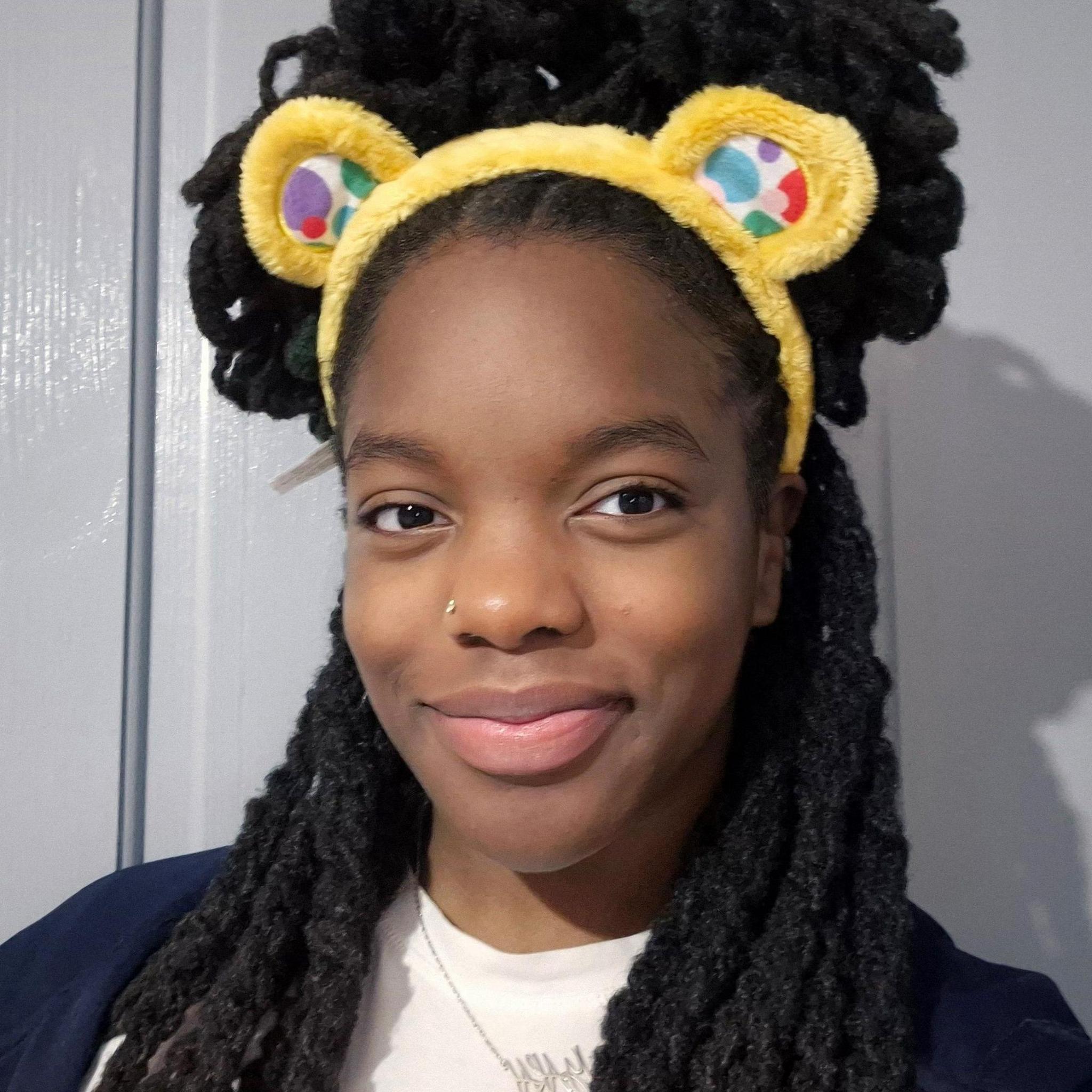
Nyarai says spaces such as those at SpanArts help her identify with others
In 2021, Nyarai and her family moved from London to Llanelli, and she said was a "daunting experience" leaving a city where she identified with a lot of people to a predominantly white area.
"I would walk down the street and there's like 20 of us, but here I walk around and see barely anyone [like me]," she said.
She said being called things such as "exotic" in school was new to her and she had to adjust to being around mostly white people.
“Being in school, it made me really like, ‘whoa, I really am different', but different isn't bad, it's pretty good," she said.
Nyarai started attending sessions at We Move in Pembrokeshire, a youth-led group for black children and young people.
“It allows me to relate to other people that have the same experience as me, especially where I am in Wales," she said.
"I don't have a lot of people in my community. So going to the community meet-ups allows me to relate and to have someone to talk to.”
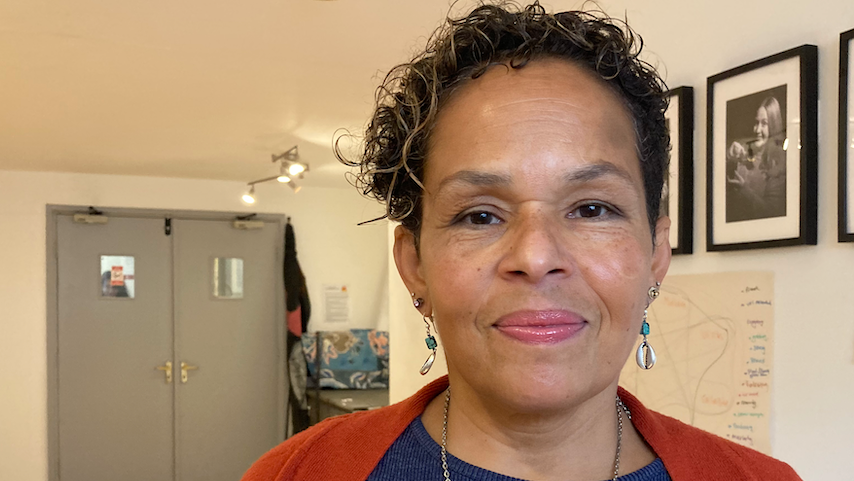
According to Molara Awen, more anti-racism work needs to happen outside cities
Funded by Children in Need, external, We Move at SpanArts offers activities ranging from singing to surfing across south west Wales.
At We Move there is Llwy Gariad - where a group of diverse young people meet through the Welsh government's anti-racist action plan.
Molara said: "It was clear that there was quite a lot of diverse people living down tracks, living rurally, who struggled with identity.
“So having the funding to bring them together has been amazing because some of them didn’t even realise that the lack of identity is such an issue."
She criticised “stupid clichés that anti-racism work and diversity and inclusion" had to happen in cities.
“In those areas where young people don't encounter diversity of food, of cultures like you would in a city [it is as important]. It's even more important for all of the young people in those areas to be aware and to be respectful," she said.
She said teenagers have a unique experience already trying to figure themselves out but those who are black and brown also undergo racism and micro-aggression and are sometimes targeted in schools and online.
She added while some young people "didn't really get it", she had seen others grow into themselves.
“You can see they are voicing who they want to be, what they want to be and how they want to be defined and how they really don’t want to be defined," Molara added.
“So they are really standing up to themselves, saying to their families, to education and rural west Wales: hold on we’re here, we have a voice and we are going to speak up for ourselves."
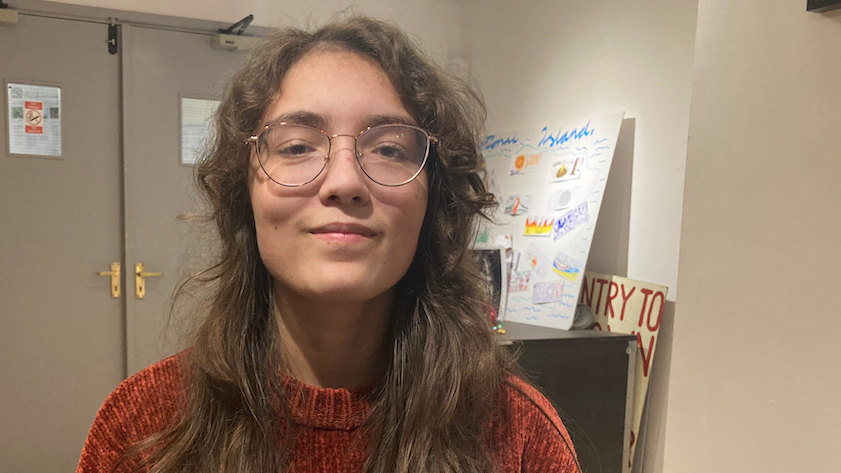
Indigo and Nyarai will be taking part in the Children in Need choir, singing a Take That number
Indigo Young, 18, from Whitland, who also attends sessions, said she valued what such spaces can offer young people.
She said: "It's important for young people to be able to talk with people that look like them and have similar experiences.
"I know that actually a lot of the people in our group have experienced racism, especially in a school setting, so I think it's very important that they can talk about that with us.”
She said she particularly enjoyed creating films with the group, which often explore race and identity.
"It was important because it was a message from us young people to say what we really want," she said.
Indigo and Nyarai both sing with the group and will join a UK-wide choir for the Children in Need appeal night on Friday, 15 November.
Nyarai said: "I love singing within a choir, especially with Molara.
"Her songs are great. So I think having that experience again is really going to help me with my confidence with singing as well."
You can watch the choir perform on the Children in Need appeal show on 15 November on BBC One and on iPlayer.
Related topics
- Published31 October 2024
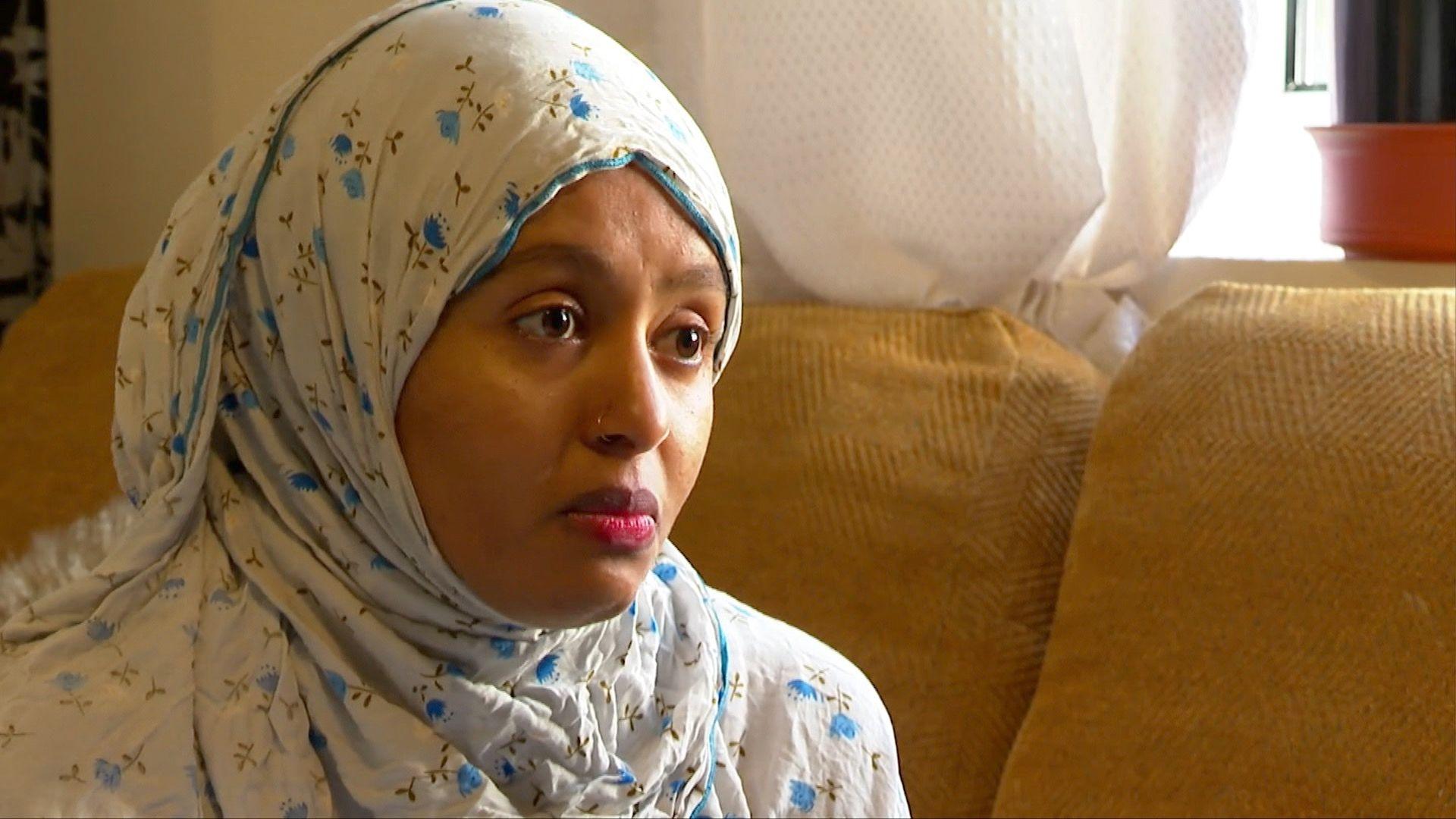
- Published21 May 2022
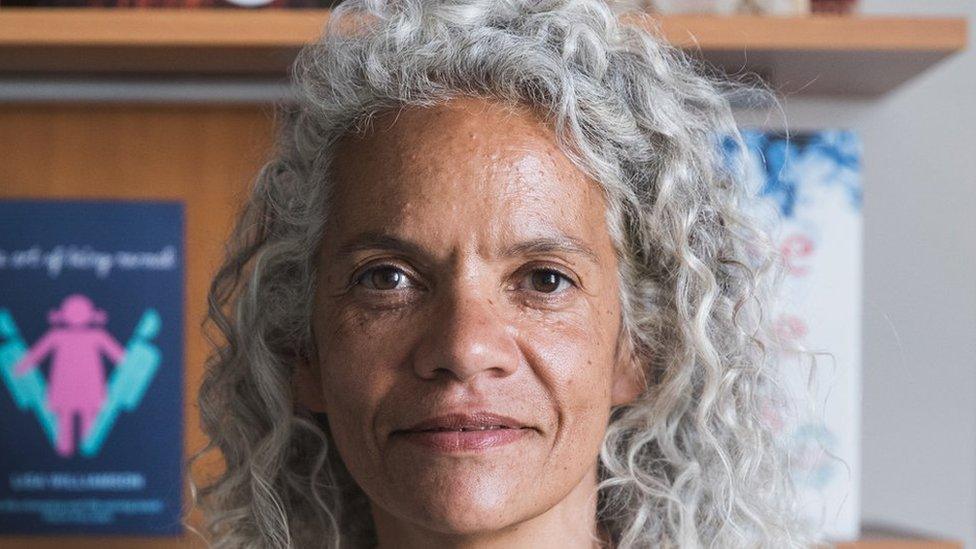
- Published19 March 2021
